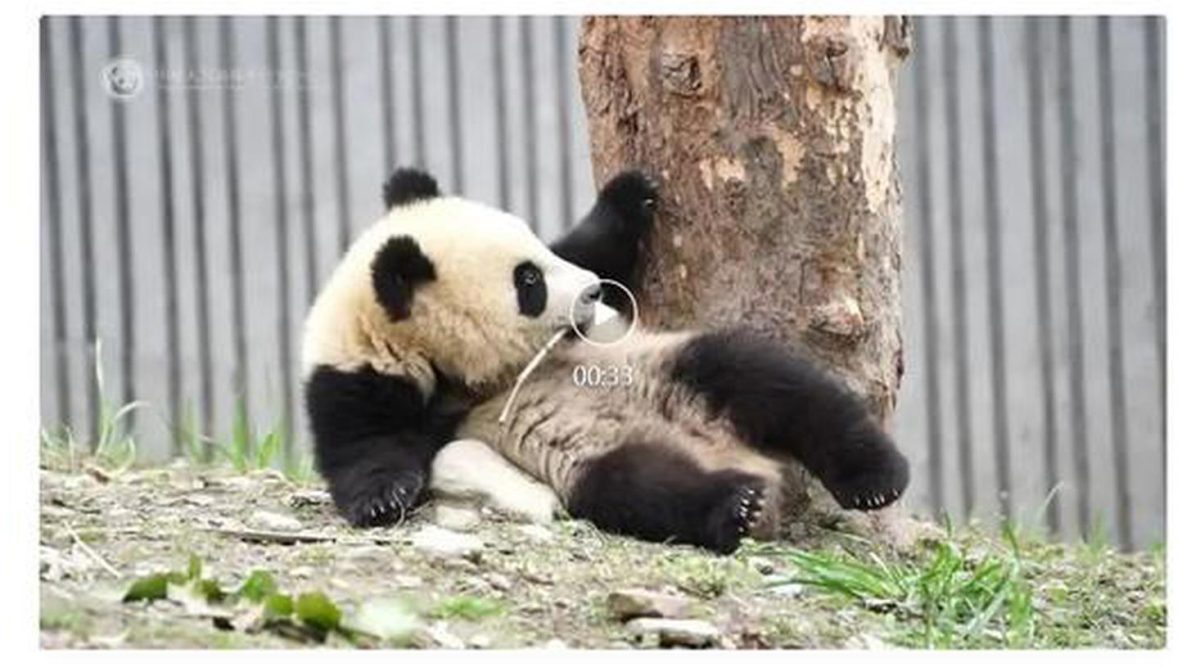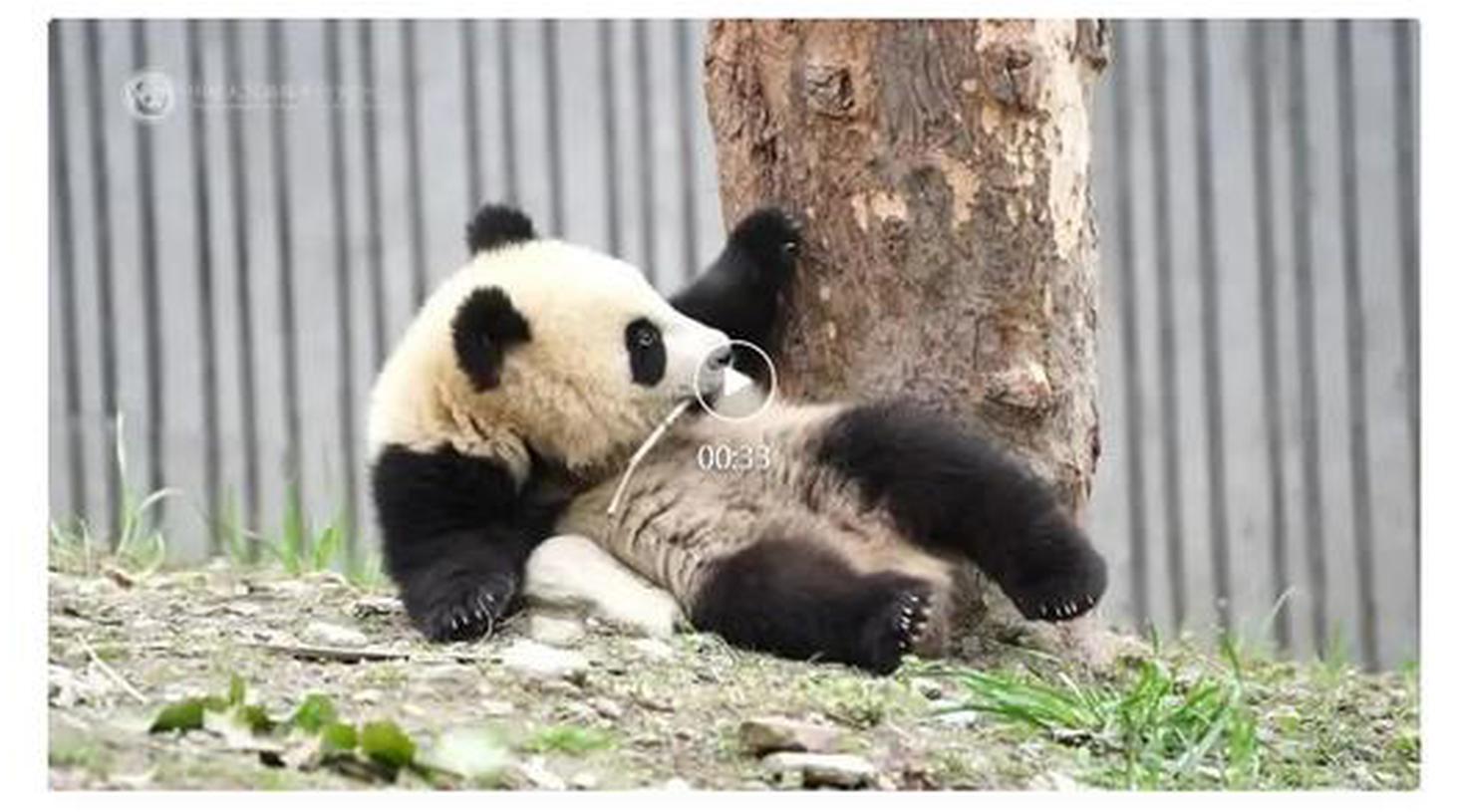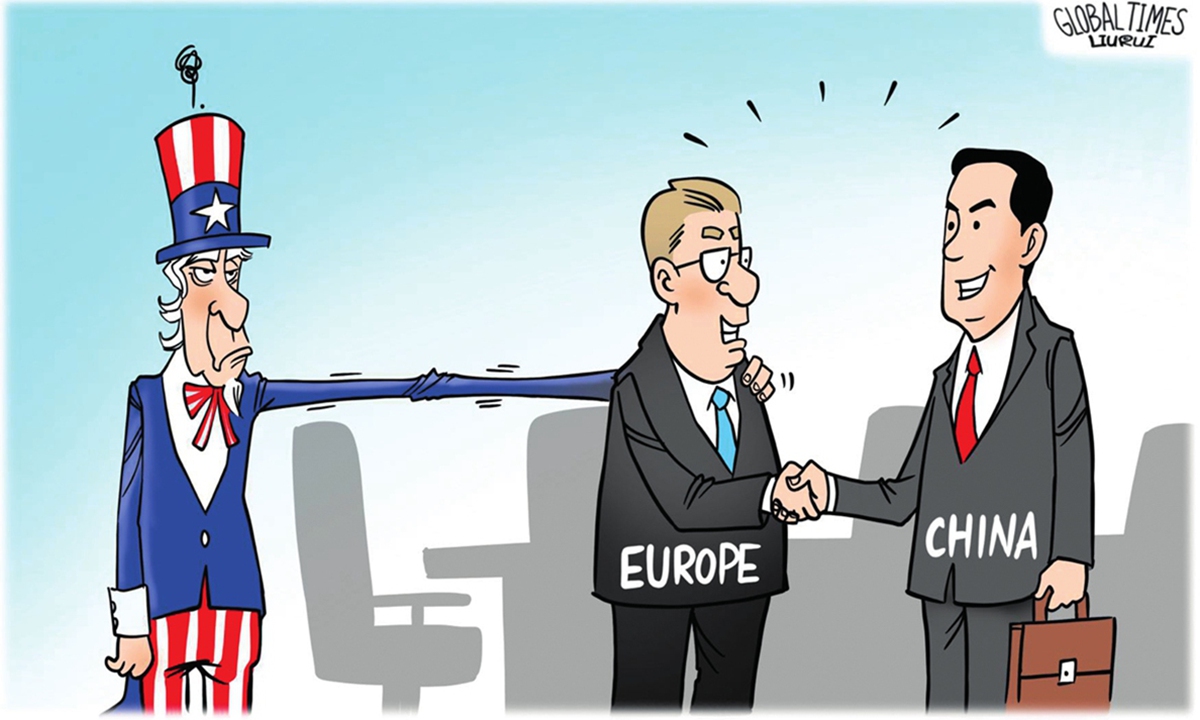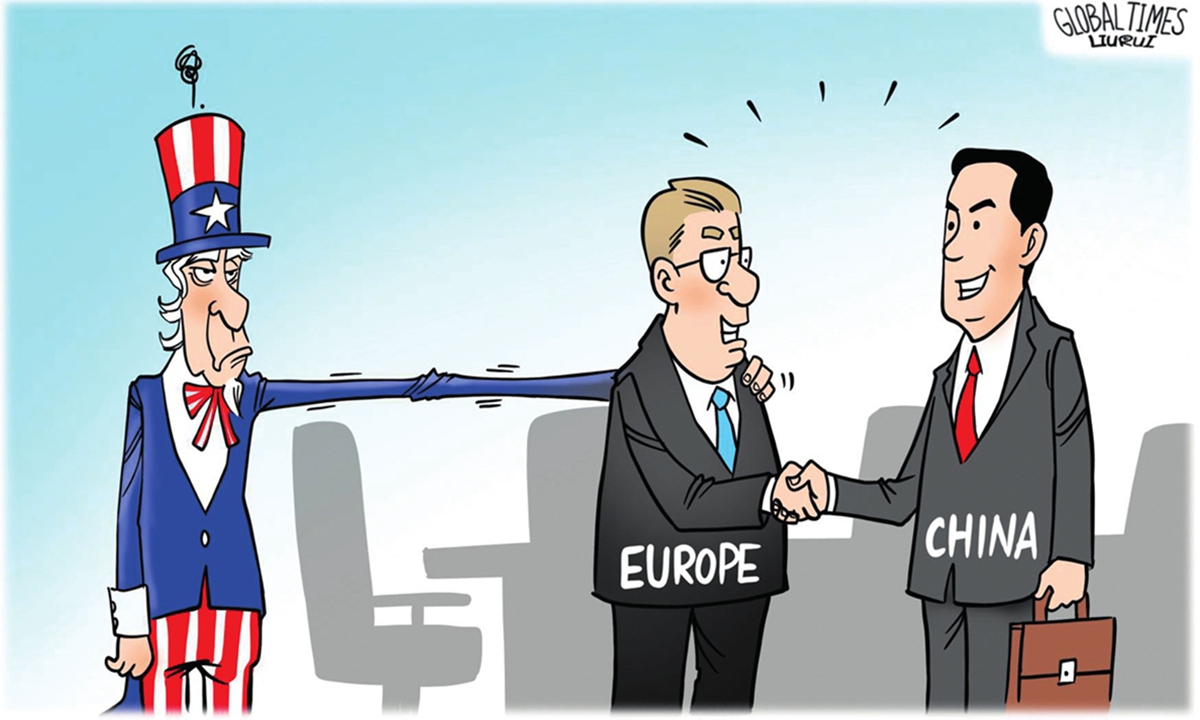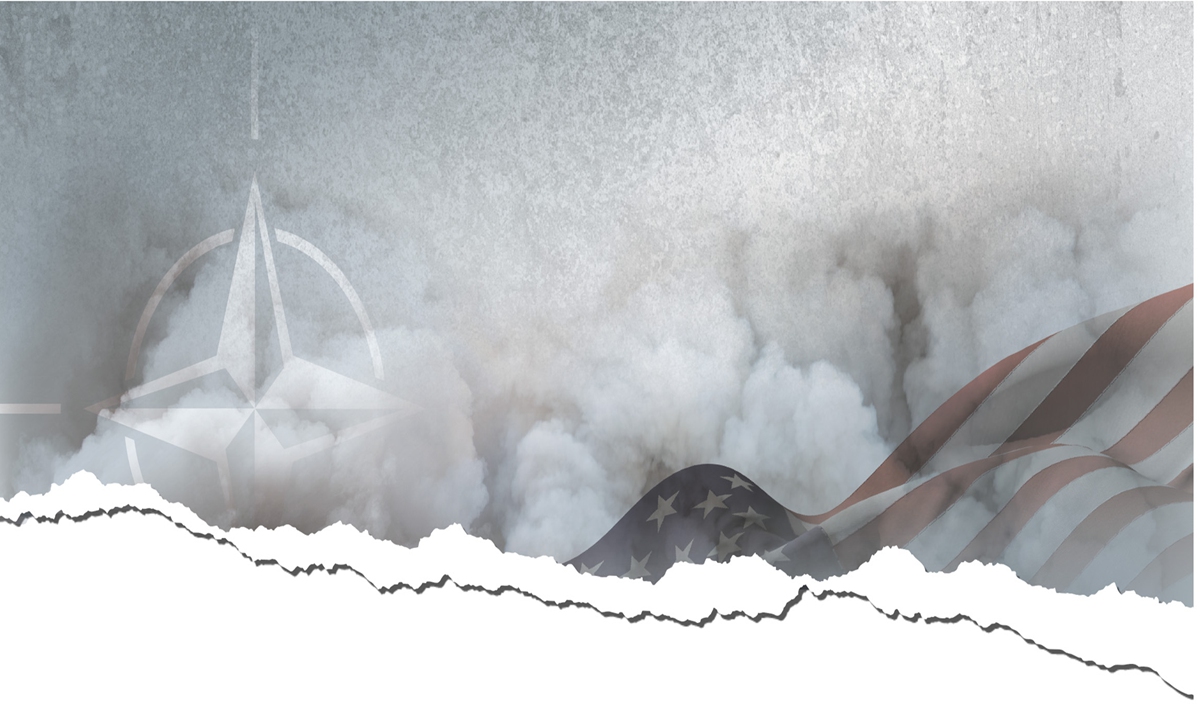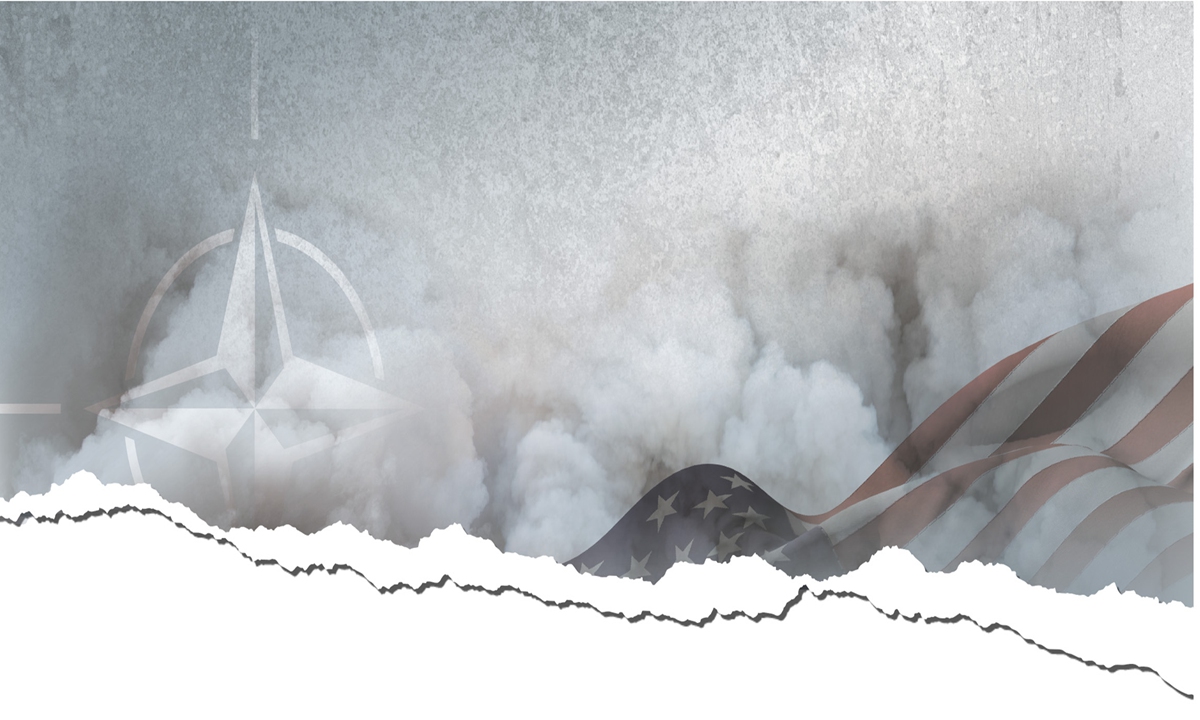
Photo: GT
Editor’s Note:
April 4, 2024, marks the 75th anniversary of the founding of NATO. As a product of the Cold War, NATO should have been disbanded, but over the years, it has served as a war machine and facilitated US hegemony. The Global Times talked to a number of experts and scholars to reveal how the US exploits NATO to serve its geopolitical purposes and how NATO destabilizes the world, exacerbates nuclear threats and brings confrontation to Asia.
In the third interview of the series, Global Times (GT) reporter Ma Ruiqian talked to Jeffrey Sachs (Sachs), a world-renowned American economist. He elucidated on how NATO has become the root cause of global turmoil, and the roles played by the US and Europe therein. Furthermore, he expressed his views on how to construct a global security perspective.
GT: Some believe as a by-product of the Cold War, NATO should have disbanded at the end of the Cold War and its existence is a source of global disruption. What do you think?
Sachs: NATO was created in 1949 to defend against a possible invasion of Western Europe by the Soviet Union. The idea was to create a transatlantic military alliance in which the US military power and direction would predominate and coordinate the militaries of Western Europe in defense against the Soviet Union. There were 12 countries in NATO at the start. One purpose was to remilitarize Germany, under US control, so as to prevent another German-led war. The first Secretary-General of NATO, Lord Hastings Lionel Ismay (UK), famously described NATO’s purpose as “to keep the Soviet Union out, the US in, and the Germans down,” in Western Europe.
In 1988, Soviet President Mikhail Gorbachev called an end to the Cold War. He declared that security in Europe should be based on a Common European Home. This was a gesture of historic proportion, and could have led to many generations of peace between Europe, the US, and the Soviet Union, including Russia. In 1990, German Chancellor Helmut Kohl called for German reunification, and to assure the Soviet Union that reunification would not threaten the Soviet Union, Germany and the US explicitly promised Gorbachev that NATO would not expand eastward even one inch. In return, Gorbachev ended the Warsaw Pact military alliance. Peace was truly at hand.
The big mistake, thereafter, is that the US regarded the new peace as a unilateral victory of the US over Russia, not as a victory of peace together with Russia. When the Soviet Union disbanded in December 1991, and with Russia as the successor state of the Soviet Union among 15 new independent nations, the US decided to go back on its word and begin to expand NATO eastward. By now, there are 32 member states in NATO.
Indeed, American policymakers decided that the US was now the world’s sole superpower in a unipolar world. Thus, an age of extraordinary US arrogance arose in 1992 that has taken us to many unnecessary and costly wars up to now. The US arrogance is still at the base of US foreign policy, even though it is now very clear that we live in a multipolar, not a unipolar, world.
Specifically, in the 1990s, the US decided that it would keep expanding NATO eastward to partially or entirely surround Russia, and thereby weaken Russia. NATO enlargement up to Ukraine and Georgia aimed to surround Russia’s naval fleet in the Black Sea, weakening Russia’s military power and geopolitical role. This was the same approach as Britain took in the Crimean War in 1853. It is the fundamental cause of the Ukraine War.
NATO is a military alliance led by the US. Since the US is not a defensive power, but an offensive one, so too is NATO. NATO has taken many offensive actions, such as in Serbia-Kosovo, the NATO occupation of Afghanistan, NATO’s bombing of Libya, and also the NATO arming of Ukraine in the US-Russia proxy war in Ukraine.
In short, NATO should have been disbanded in 1990, and history would have been very different, far more peaceful, cooperative and productive, and with far fewer wars. NATO should have been replaced by the OSCE, the Organization for Security and Cooperation in Europe, which includes countries of Western Europe, Eastern Europe, and the former Soviet Union. With NATO disbanded, and a strengthened UN, we probably would have avoided the disastrous US “wars of choice” since then.
GT: You recently stated in an interview that US President Joe Biden is pushing NATO against the will of the American people. Could you further elaborate on the contradiction between the will of the American people and NATO’s actions?
Sachs: The American people want peace. This is true even despite the propaganda of fear created by the US government. The public does not want to continue to arm Ukraine, and the public is opposed to Israel’s war in Gaza. In general, America urgently needs economic rebuilding at home, but the military budget keeps rising and the US wars of choice continue.
GT: You mentioned in a recent interview that French President Macron acknowledged that the Ukraine-Russia conflict was provoked by the NATO enlargement, but in reality, some say the opposite is true, “as if they are playing a game.” Why do you think Europe continues to engage in this high-cost game? Who are the ultimate victims and beneficiaries of this “game”?
Sachs: I don’t understand, truly, the position of France, Germany and Italy with regard to the war in Ukraine. The war is a war caused by NATO enlargement, and the major powers in Western Europe know it. The Ukraine war hurts their security and their economy. In private they opposed NATO enlargement to Ukraine in 2008 at the NATO Bucharest Summit, knowing that an invitation to Ukraine to join NATO would create many deep tensions with Russia and even the possibility of war, just as it has done. Yet the Europeans decided to follow the US policy line. It’s hard to understand why, as the Ukraine war is not popular with the people of Europe. Perhaps the security services of the US (CIA) and of Europe are too strong even vis-à-vis their civilian governments. I can’t fully explain the European position.
GT: On April 3, NATO Secretary General Stoltenberg proposed creating a 100 billion-euro ($107 billion), five-year fund for Ukraine. What is your perspective on it?
Sachs: This is a very implausible idea, as military generals cannot truly bind the governments of the NATO countries for the next five years. Each government would have to agree. I do not see this happening. I think this is mostly political rhetoric, not reality. What Ukraine really needs is US-Russia security negotiations, including the promise that NATO will not enlarge, adding Ukraine as a member. Then peace can be achieved and Ukraine can be made safe.
GT: NATO is extending its reach to the Asia-Pacific region. How do you view NATO’s accusations and actions against China?
Sachs: The idea of expanding NATO to Asia is foreign-policy madness in my view, a reflection of the delusional arrogance of the United States security officials. The entire idea is against the NATO Treaty, which is about defense of the North Atlantic region. The US provocations against China, especially regarding Taiwan, could lead to a war like the Ukraine war. Obviously, such a war would be tragic, devastating and threatening to the survival of humanity. Expanding NATO to Asia makes such a war more likely. That’s why I feel that NATO expanding to Asia is delusional.
GT: In 2022, China proposed the Global Security Initiative. How do you view China’s answer to building a new world security perspective?
Sachs: China’s peaceful global statecraft is based on 2,200 years of experience, in which China never launched a single war against an overseas country, as far as I can recall. China never attacked countries in the Indian Ocean despite its great naval fleets of the 15th century.
China has never sought to become a global empire, nor has it desired global hegemony. China has always sought harmony in its international relations, in a system of mutual respect. In my view, this tradition of statecraft aligns with the world’s needs today and aligns closely with the UN Charter, which aims to ensure peaceful relations among sovereign countries under the international rule of law.
Thus, I greatly appreciate China’s call for peace, harmony and strengthening the UN Charter. I also strongly support China’s emphasis on non-intervention in the internal affairs of other nations. When the US intervenes in internal politics, or dozens of “covert regime change operations” around the world, this violates international law, creates disorder and provokes wars, all of which are harmful to the common good worldwide.
One proposal that I advocate is for all nations to renounce overseas military bases, and to keep their militaries at home. The US reportedly has more than 800 overseas military bases around the world! I would like to see those bases closed and mutual security maintained through the UN Security Council.


